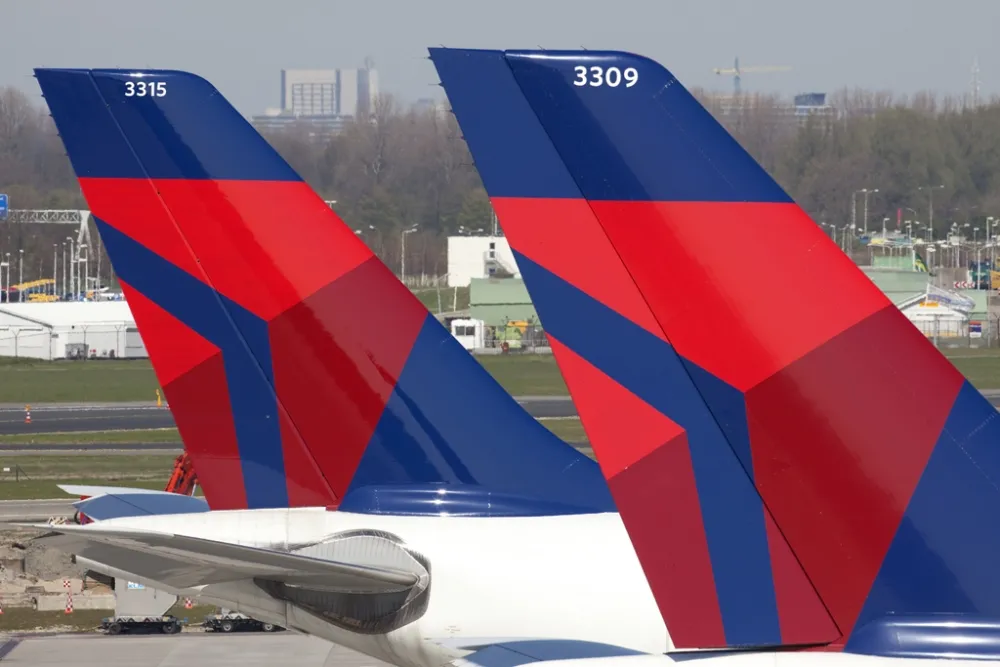
Moves to limit overbooking could raise ticket prices
May 04, 2017

Airlines are increasingly considering measures to limit overbooking, a practice that has historically allowed them to maximize profits by accounting for no-show passengers. However, implementing stricter controls on passenger bookings could lead to higher ticket prices. As airlines face the challenge of balancing demand and capacity while ensuring customer satisfaction, the costs associated with fewer overbooked flights may be passed on to consumers. Consequently, travelers might find themselves paying more for tickets, as airlines seek to maintain profitability in a competitive market while also aiming to reduce the likelihood of denied boarding and customer dissatisfaction.
Understanding Overbooking in the Airline Industry
Overbooking is a common practice in the airline industry, where airlines sell more tickets than there are seats available on a flight. This strategy is designed to maximize revenue, as airlines anticipate that a certain percentage of passengers will not show up for their flights. However, recent discussions around limiting overbooking practices have raised concerns about potential consequences, particularly regarding ticket prices.
The Potential Impact on Ticket Prices
The move to limit overbooking could significantly affect ticket prices. Airlines may need to adjust their pricing strategies to compensate for the loss of revenue that comes from not being able to overbook flights. This adjustment could lead to higher prices for consumers. According to industry experts, if airlines cannot rely on overbooking to fill seats, they might increase base fares to ensure profitability.
Here’s a breakdown of how limiting overbooking could influence ticket prices:
| Factor | Impact on Ticket Prices |
|---|---|
| Increased Base Fares | Higher prices due to reduced revenue from overbooking. |
| Reduced Capacity Management | Less flexibility in managing passenger loads, leading to potential losses. |
| Consumer Demand | Higher prices may reduce demand, further complicating pricing strategies. |
Consumer Reactions and Market Dynamics
As ticket prices rise, consumer reactions will play a crucial role in shaping market dynamics. Passengers may seek alternative travel options, such as budget airlines or different modes of transportation, which could disrupt the traditional airline market. Additionally, if travelers perceive that they are paying more for flights, they may become more selective about when and how they book.
It is essential to note that while limiting overbooking aims to enhance customer satisfaction by reducing the chances of involuntary bumps, the trade-off could be higher prices for everyone. Airlines may need to find a balance between customer service and profitability.
The Role of Technology in Pricing Strategies
Advancements in technology could play a pivotal role in how airlines adjust their pricing strategies in response to the potential ban on overbooking. With sophisticated algorithms and data analytics, airlines can better predict passenger behavior and optimize pricing in a way that maximizes revenue without relying on overbooking.
For instance, airlines can use historical data to identify peak travel times and adjust their prices accordingly. This could help mitigate the impact of limiting overbooking by ensuring that flights are filled closer to capacity without overselling.
Long-Term Implications for the Airline Industry
The long-term implications of limiting overbooking extend beyond just ticket prices. Airlines may need to reevaluate their entire business models, focusing on enhancing customer experience while maintaining profitability. This shift could lead to a more customer-friendly approach, where airlines prioritize passenger comfort over revenue maximization.
Ultimately, the decision to limit overbooking will likely spark a broader conversation about the sustainability of current airline practices. With increased scrutiny from regulators and consumers alike, the industry may need to adapt in ways that balance operational efficiency with customer satisfaction.
Conclusion: A Balancing Act
In conclusion, moves to limit overbooking could lead to increased ticket prices as airlines adjust their strategies to maintain profitability. The effects of this change will resonate throughout the industry, impacting consumer choices, pricing dynamics, and overall customer satisfaction. As airlines navigate this potential shift, they must find a delicate balance between providing a positive travel experience and sustaining their business models in an ever-changing landscape.
As the conversation continues, it's crucial for consumers to stay informed about these developments and their potential impacts on future travel costs. By understanding the implications of limiting overbooking, passengers can make more informed choices about their travel plans.
Related Articles

Explore Thailand: The Best Islands to Visit for Paradise, Adventure, and Relaxation

The Ultimate Guide to the Best Islands in Thailand for Your Next Getaway

Do babies need passports? How to get a passport for a newborn

How to get a U.S. passport fast: here’s how to expedite the process

What is Mobile Passport Control: 5 reasons why you should use it

SENTRI vs. Global Entry: A detailed guide

Do you need a passport to go to the Bahamas? Let’s find out

Do you need a passport to go to Mexico? A detailed guide

Do you need a passport to go to Canada? We got the answer

Do You Need a Passport for a Cruise: An Essential Travel Guide

Booster Seat Requirements: All the Rules to Follow in Your Rental Car

What Are the World’s Most Powerful Passports, and How Does Yours Rank?

How to Take a Passport Photo at Home: A Helpful Guide

You've got to have heart! Southwest's new livery

Your opinion: Should water be free on low cost carriers?

Young women bolder than guys as solo travellers
